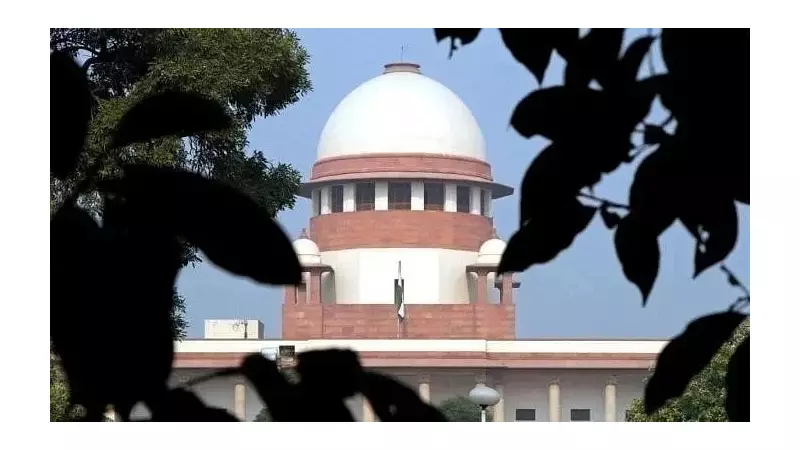
In a landmark ruling, the Supreme Court of India has emphatically stated that safeguarding the environment is not a matter of administrative discretion but a fundamental constitutional mandate. This powerful declaration came as the court took decisive action to address a critical ecological crisis.
A Directive for Polluted Rivers
The court's observation was part of an order issued on November 21, 2025. The bench established a high-level ecosystem oversight committee with a specific and urgent mission: to combat the severe pollution plaguing three major rivers in Rajasthan – the Jojari, Bandi, and Luni.
This move underscores the judiciary's proactive role in enforcing environmental accountability. By setting up a specialized committee, the court aims to ensure a coordinated and scientific approach to rejuvenate these vital water bodies, which have suffered from prolonged neglect and industrial and urban waste discharge.
The Constitutional Imperative
The court's framing of environmental protection as a constitutional mandate elevates its importance from a mere policy goal to a legally enforceable duty of the state. This interpretation reinforces the fundamental right to a healthy environment, which is intrinsically linked to the right to life guaranteed under Article 21 of the Indian Constitution.
This ruling sends a clear message to all administrative bodies that they cannot treat environmental concerns as secondary or optional. The protection of natural resources like rivers is a binding obligation, and failure to act can lead to judicial intervention.
Implications and the Path Forward
The formation of the high-level committee for the Rajasthan rivers is a direct consequence of this legal principle. The committee is expected to:
- Investigate the primary sources and causes of pollution in the Jojari, Bandi, and Luni rivers.
- Recommend and monitor the implementation of a comprehensive clean-up plan.
- Hold relevant state agencies and polluters accountable for their actions.
This order sets a significant precedent for future environmental litigation across India. It empowers citizens and activists to demand action, knowing that the highest court in the land views environmental degradation as a breach of constitutional trust. The focus now shifts to the effective functioning of the new committee and the tangible restoration of Rajasthan's dying rivers.





